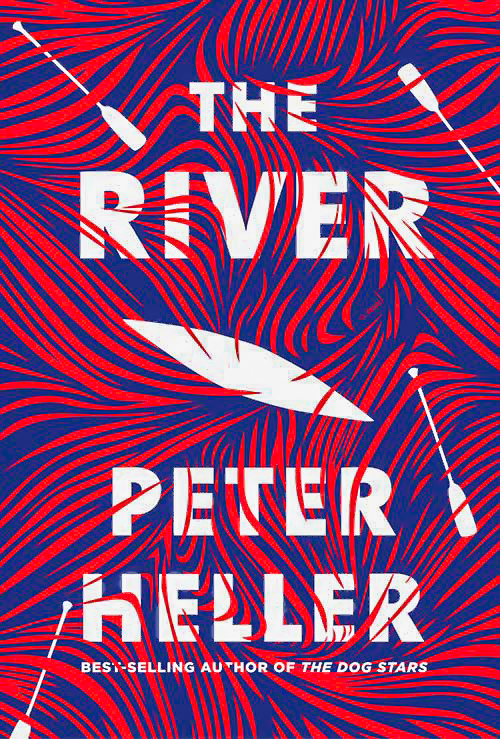
Chrys Weedon | Entertainment Editor
Pinning down very specific and intricate details of the outdoors is often what makes or breaks a wilderness novel. In his new book “The River,” Peter Heller shows off his personal expertise and meticulous research cogently.
Heller, the best selling author of “The Dog Stars,” weaves the story of Jack and Wynn, two young men on their canoe trip down the Maskwa River, a remote stretch of water that slithers across rough Canadian landscape.
Jack is tough and gritty, raised on a ranch in Colorado, still struggling with his mother’s accidental death. Wynn hailed from Vermont, also tough but whose softness shone through his tendency to see the best in everyone and everything. Bonded over their mutual love of literature, the two boys decide to halt their studies at Dartmouth and take their dream trip 160 miles down the river to the Hudson Bay.
Heller writes these two characters much like the archetypes seen in old Westerns, which are often mentioned throughout the story. The skillful dark horse Jack, couples with Wynn who acts as a strong moral compass. The boys struggle against nature, quite realistically, as they coexist with a raging wildfire of seemingly unrealistic proportions. Safety and risk are always being balanced, as is true in any real-life survival situation.
However, nature isn’t the only threat. Jack and Wynn struggle against human forces as well: a pair of drunks and a couple heard through a bought of thick fog having a volatile argument. The boy’s wilderness capabilities are put to the test in a series of conflicts that build upon one another. Their flaws become more apparent through every hardship — hardships that at times feel unrealistic.
Tension is built exquisitely throughout the novel with Heller’s short, stream-of-consciousness style, but it seems a little too good to be true in a more morbid sense. It sometimes seems that through building suspense, Heller is layering so many terribly dramatic situations on top of each other that I was brought out of the story, interrupted.
Maia, the woman in the couple — whose fight become a central component of the story — is written very one-dimensionally, only being integrated to further the plotline. Throughout the story Maia is referred to as simply “she,” making her existence in the story seem flimsy, although Maia is meant to be one of the driving elements of tension. In this way, the plotline sometimes seems to get lost within the details of the story.
There are a couple more snags in Heller’s novel, such as a rushed feeling after reaching the climax of the action and some fogginess due to the third-person limited narration. However, the abundance of compelling details and Heller’s fast-paced style make the book a quick read. Although it doesn’t satisfy the “Hatchet” shaped hole in my wilderness-novel-loving heart, “The River” is a compelling read.
Overall rating: I would recommend this book to wilderness/suspense enthusiast, but anyone without a passion for the outdoors may become bored.
Contact the author at howlentertainment@wou.edu
Photo courtesy of peterheller.net

